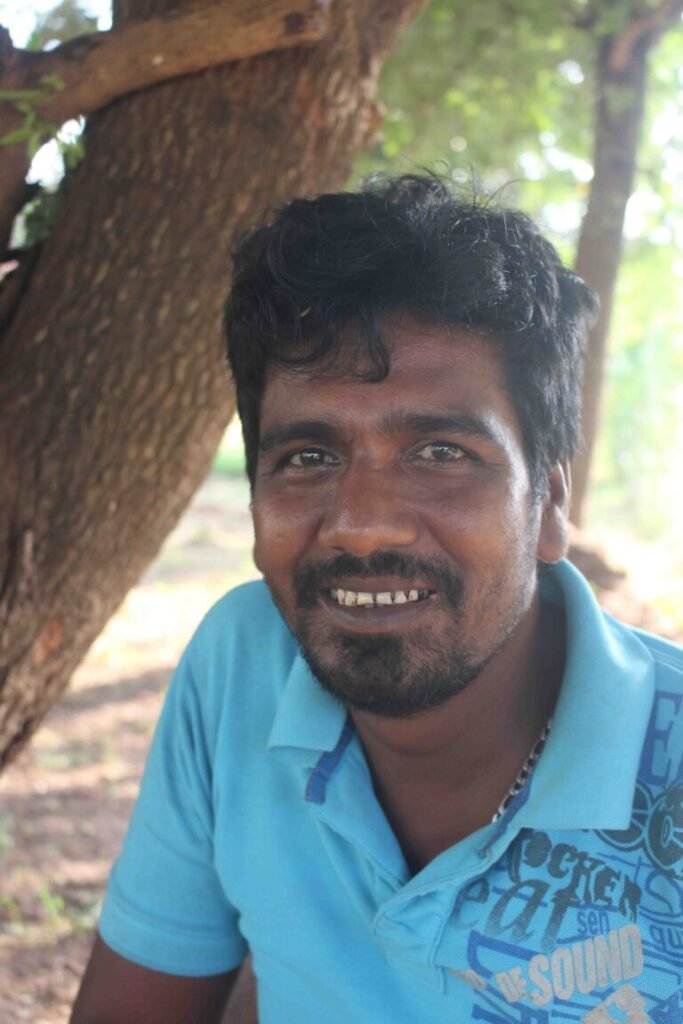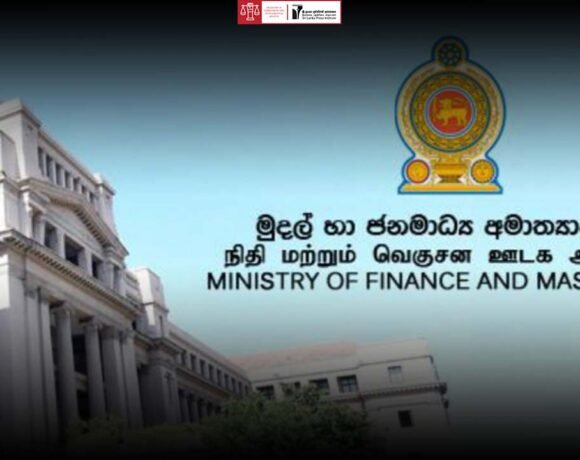
Sri Lankan Birth Certificates Violate Ethnic Rights
Sajeewa Wijeweera
“We too, are humans with the same red blood. However, the government ostracizes us. They do not at least issue birth certificates to us properly. They say that we are ‘Ahiguntikas’ who have migrated from India. Now, we are a community without proper ethnic identity. Our children cannot attend schools.”
The speaker said this clearly in Sinhala. Physically, there was no apparent difference between him and me. Both of us speak Sinhala very well. Additionally, he speaks Telugu.
They believe they hail from a Telugu speaking community who migrated from India.
We met them at Nochchikulam village off Irattaperiyakulam junction where you have to travel several kilometres before you reach Vavuniya on the A-9 highway.
“Our grandparents told us that they hailed from people who migrated to this country from the Telugu nation. Our country has been Sri Lanka since then. Our people have been speaking Telugu and that’s why we can speak Telugu.”

This community has never settled permanently in the past, and they have been moving from place to place. They select a place to stay and set up their tents there temporarily. Researchers say that they share similarities with the ‘Kuravar’ community in India.
Now, they have built permanent houses in several villages.
They have started to use shared personal names and clothes. Their livelihoods also have changed. However, people’s perceptions of them have not changed. As a result, they have to face a lot of troubles.
Now, they no longer live in the old-style tents that they called ‘Wadi.’ Many of them now live in permanent houses similar to the housing of other communities, houses with home gardens with flower beds and fences.
Nochchikulam, Akkaraipattu, Kudagama, Kanchanakulam, Kalaweva, Andarabedda and Mihintale are some villages where the Telugu speaking community has settled.
In the past, this community did snake charming, monkey play and palm reading as their livelihood. However, now their livelihoods have also changed.
“We rarely do snake charming and monkey plays now,” said Wasantha Shelton (39). “Only a few elderly people continue those things in our village now. Some women continue palm reading in public places. Men mainly engage in casual labour, fishing and small businesses.”
Sinna Egatannalage Ranjith (41) pointed out that they faced many difficulties in terms of finding work. “When we try to sell something in buses, the bus workers chase us away, calling us Ahiguntikas. I once worked in a garment factory. When the fellow workers learnt my name, they sidelined me. Although Sinhala, Tamil and Muslim people live together, they corner us. I was fed up and gave up that job.”’
They are discontented because of their inability to live like ordinary people. Erannage Madhushanka (23) looks very similar to the people of the majority community and would not look different in any way if we met him away from this village.
“The discrimination starts from birth,” Madhushanka said. “When my birth was being documented, my mother asked not to mention my race as Ahiguntika. But the doctor scolded her and insisted on mentioning it. When my wife gave birth to a baby, I requested to mention the race as Sri Lankan, but they insisted on mentioning it as Telugu. Why are we treated this way?”
A race called Ahiguntika does not exist anywhere in the world. Ahiguntika is a term used to refer to nomadic communities that move from place to place and live temporarily in temporary residences for brief periods. However, Sri Lanka government has identified them as a race and mentioned it in the registry of births. Telugu is a language and not an ethnic community. However, the Sri Lankan government issues birth certificates mentioning Telugu as a race.
The Registrar General N.C. Vithanage expressed a different view.

“There is no race called Ahiguntika. Further, Telugu is a language and not a race. If they are mentioned as races in the birth certificates issued by our Department, it is an error. We started to redesign the birth certificates according to an international standard to correct these issues. These kinds of errors will not occur in future. I want to inform the people who have such birth certificates that they can be corrected if they make a request.”
The community points out that they have difficulty finding jobs because of the mention of their race as Ahiguntika in the birth certificate.


Shelton’s children learn in English medium. His elder daughter is studying online for the London Advanced Level examination with an ambition to be a doctor. She is the apple of her parent’s eyes.
Vavuniya South Divisional Secretary M.S. Janaka said that this community is an excellent case to study about the ethnicity in Sri Lanka. “They faced a lot of problems, and we helped them to settle in permanent residences. We resolved the schooling problems of the children. People must accept them as part of our society. Some still try to marginalize them. They are an identical ethnic community, and we must help them to integrate to the mainstream while safeguarding their traditional values.”





ජාතියකට ජාතියක් අහිමිකල ලංකාවේ උප්පැන්න සහතිකය
இன உரிமைகளை மீறும் இலங்கையின் பிறப்புச் சான்றிதழ்!








